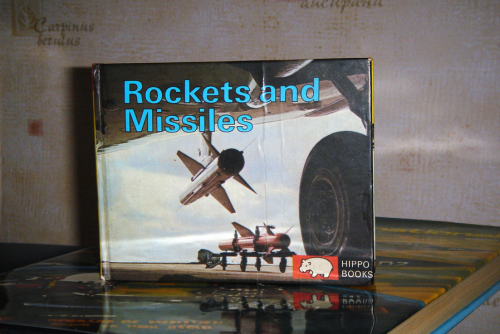Abraham makes a valid point on another thread about what the UK OrBat would look like if things had been different from the end of WWII. SO I think rather than hijacking an existing thread perhaps it would be better to start afresh.
Now Abe makes the case that the UK could have left the nuclear weapons to the USA and persued just power generation and what flows from that is a very different scenario for how things like the '57 review pan out.
But equaly one might say persuite of the bomb was fundamental to the UK and that trying to keep alive the aviation industry was the more flawed effort.
Each has their consequences.
If the RAF is fielding SR.177, Avro 730, and Fairey Delta III, its a very different world and the RN has more concerns with the replacement of the Buccaneer since it has Scimitar FAW, and SR.177 handling the fighter duties.
Alternatively we might see things like the Super Tiger, or Crusader, Phantom, Super Sabre, Thunderchief, even the Hustler in RAF and RN service, while the UK persues a completely UK sourced nuclear weapons arsenal.
Now Abe makes the case that the UK could have left the nuclear weapons to the USA and persued just power generation and what flows from that is a very different scenario for how things like the '57 review pan out.
But equaly one might say persuite of the bomb was fundamental to the UK and that trying to keep alive the aviation industry was the more flawed effort.
Each has their consequences.
If the RAF is fielding SR.177, Avro 730, and Fairey Delta III, its a very different world and the RN has more concerns with the replacement of the Buccaneer since it has Scimitar FAW, and SR.177 handling the fighter duties.
Alternatively we might see things like the Super Tiger, or Crusader, Phantom, Super Sabre, Thunderchief, even the Hustler in RAF and RN service, while the UK persues a completely UK sourced nuclear weapons arsenal.

